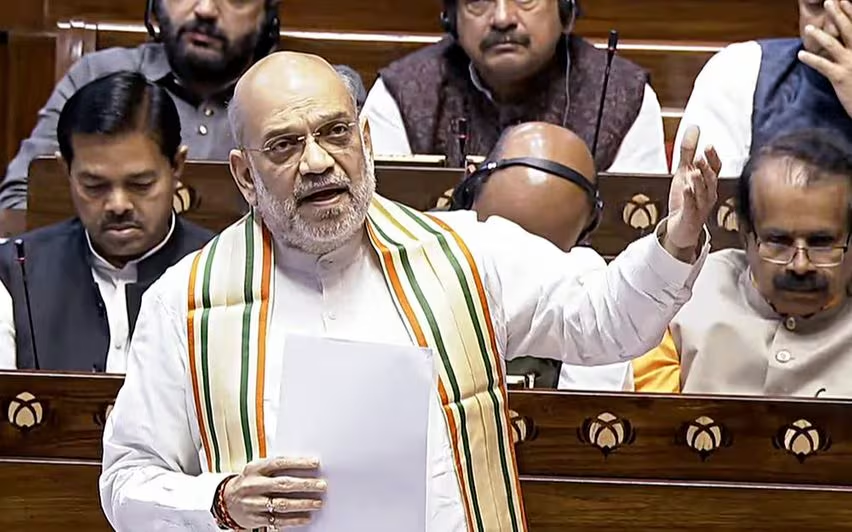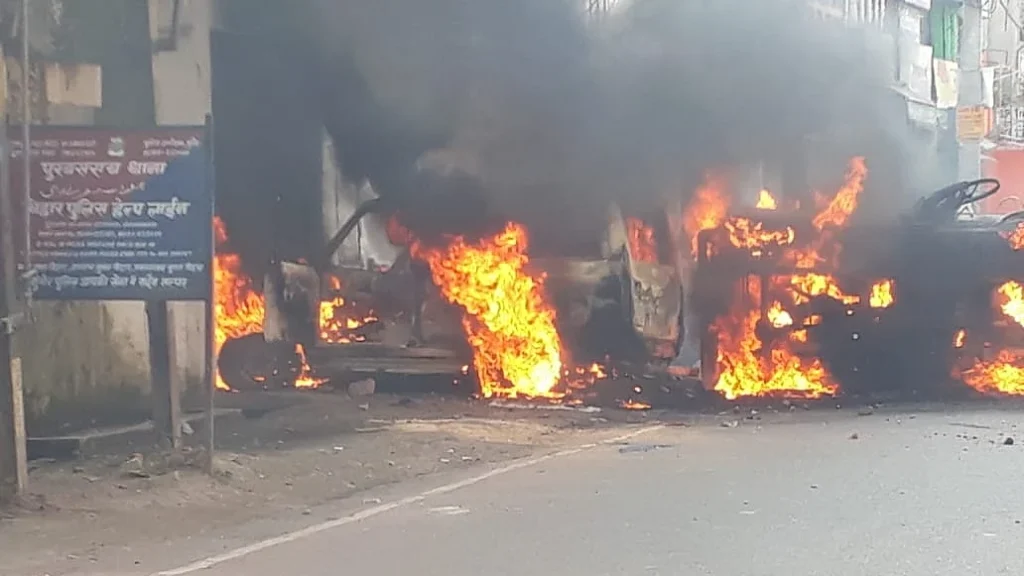New Delhi, March 28, 2025: The Lok Sabha has passed the Immigration and Foreigners Bill, 2025, introducing a centralized system to monitor the entry, transit, and stay of foreign nationals in real-time. The legislation replaces four colonial-era laws and strengthens immigration controls through enhanced scrutiny, digital tracking, and stricter penalties.
Union Home Minister Amit Shah described the Bill as a modern, transparent, and tech-driven approach to immigration. “India will now have a complete, systematic, and up-to-date record of every foreign national visiting the country,” Shah stated during the debate.
Key Provisions of the Bill
Expanded Powers for Immigration Officers
The Bill grants immigration officers broad authority to inspect travel documents beyond ports of entry. Under Clause 3(3), officials can check visas and passports during a foreign national’s stay or movement within India. They can also demand additional information if necessary.
Centralized Visa Control
All visa-related decisions will now be directly controlled by the central government under Clause 3(5), streamlining the process and reducing state-level interventions.
Real-Time Data Collection from Transport Carriers
The Bill mandates stringent data-sharing requirements for airlines, shipping lines, and other carriers. Under Clause 17(1), transport operators must submit detailed passenger and crew manifests in advance.
- Clause 17(7) empowers district magistrates and police commissioners to request further details.
- Clause 17(12) prohibits carriers from departing without immigration clearance.
Mandatory Reporting by Service Providers
Hotels, universities, and hospitals will now be required to notify authorities about foreign visitors.
- Clause 8(1): Accommodation providers must report foreign guests.
- Clause 9: Educational institutions must notify the government about enrolled foreign students.
- Clause 10: Hospitals must report foreign nationals receiving medical treatment.
Stricter Penalties for Violations
The Bill introduces tougher punishments for immigration-related offenses: the use of forged passports or visas will incur 2–7 years’ imprisonment and fines between ₹1 lakh and ₹10 lakhs; unauthorized entry into restricted areas will result in up to five years in jail or a ₹5 lakh fine.
- Use of forged passports or visas: 2–7 years’ imprisonment and fines between ₹1 lakh and ₹10 lakh.
- Unauthorized entry into restricted areas: Up to five years in jail or a ₹5 lakh fine.
Government Control Over Foreign-Frequented Zones
The Bill allows the Centre to regulate or restrict access to locations frequently visited by foreigners. Authorities can impose conditions or limit entry to specific categories.
Repeal of Existing Laws
With the passage of this Bill, the following four laws will be repealed:
- Passport (Entry into India) Act, 1920
- Registration of Foreigners Act, 1939
- Foreigners Act, 1946
- Immigration (Carriers’ Liability) Act, 2000
The Immigration and Foreigners Bill, 2025 aims to enhance national security, improve monitoring, and bring India’s immigration framework in line with global standards. The Bill now awaits approval in the Rajya Sabha before becoming law.
Keep reading questiqa.in for more news.
Get more News Headlines on our Social Platforms And Do Follow.






